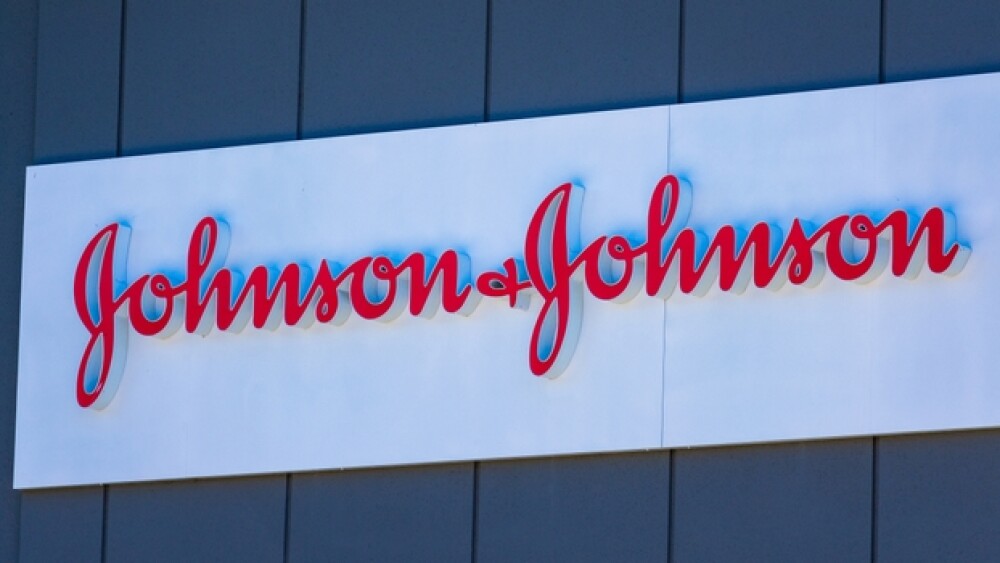Johnson & Johnson announced failed Imbokodo Phase IIb trial in HIV. The study evaluated the company’s investigational HIV vaccine regimen in young women in sub-Saharan Africa.
Michael Vi/Shutterstock
Johnson & Johnson announced that its Imbokodo Phase IIb trial in HIV failed to hit the primary endpoint. The study evaluated the company’s investigational HIV vaccine regimen in young women in sub-Saharan Africa at high risk of acquiring HIV. It did not provide sufficient protection against HIV. The virus uses an adenovirus design that the company also uses for its COVID-19 vaccine.
As a result of the analysis, the Imbokodo trial will not continue. In parallel with the trial, Janssen, a Johnson & Johnson company, is sponsoring the ongoing Phase III Mosaico trial, evaluating a different composition of the HIV vaccine regimen in men who have sex with men (MSM) and transgender individuals. The Mosaico trial is being run in the Americas and Europe, where, the company notes, there are different strains of HIV circulating than in sub-Saharan Africa. After consulting with the Mosaico study’s independent Data and Safety Monitoring Board (DSMB), the company decided Mosaico will continue.
“We are extremely grateful to the women who volunteered for the Imbokodo study, and to our partners, including the people on the frontlines, all of whom are contributing every day to this enduring quest to make HIV history,” said Paul Stoffels, M.D., vice chairman of the Executive Committee and chief scientific officer at Johnson & Johnson. “HIV is a unique and complex virus that has long posed unprecedented challenges for vaccine development because of its ability to attack, hijack and evade the human immune system.”
He went on to say, “While we are disappointed that the vaccine candidate did not provide a sufficient level of protection against HIV infection in the Imbokodo trial, the study will give us important scientific findings in the ongoing pursuit for a vaccine to prevent HIV. We continue to stand in solidarity with people living with and vulnerable to HIV, and remain committed to furthering our research against this devastating virus.”
The Imbokodo Phase IIb trial was a proof-of-concept efficacy study. It began in 2017, was fully enrolled in 2019, and completed dosing on June 30, 2020. It enrolled about 2,600 young women in five countries in sub-Saharan Africa. There were 23 trial sites in Malawi, Mozambique, South Africa, Zambia and Zimbabwe.
The study was supported by a public-private partnership led by Janssen Vaccines & Prevention BV, part of the Janssen Pharmaceutical Companies of J&J. It included the National Institute of Allergy and Infectious Disease (NIAID), the Bill & Melinda Gates Foundation and the HIV Vaccine Trials Network (HVTN). Additional partners that offered support included the U.S. Army Medical Research and Development Command (USAMRDC) and the Ragon Institute of MGH, MIT and Harvard. The South African Medical Research Council (SAMRC) handled implementation in South Africa.
Imbokodo treated participants with four vaccination visits over one year. Then primary analysis was performed 24 months after they received their first shots. The primary endpoint is based on the difference in the number of new HIV infections in placebo versus vaccine groups from month seven through month 24. At the 24-month mark, 63 of 1,109 participants who received placebo acquired HIV compared to 51 of 1,079 in the vaccine group. This had a vaccine efficacy estimate of 25.2%. The vaccine was safe and well-tolerated.
“This high incidence of HIV among young women in sub-Saharan Africa reminds us that, despite great progress made in treatment and prevention, HIV remains a major health challenge for the region,” said Glenda Gray, president and chief executive officer, South African Medical Research Council (SAMRC) and Imbokodo’s Protocol chair. “This underscores the need to apply the knowledge that will be gained from this trial to continue to advance the pursuit of a global HIV vaccine.”





